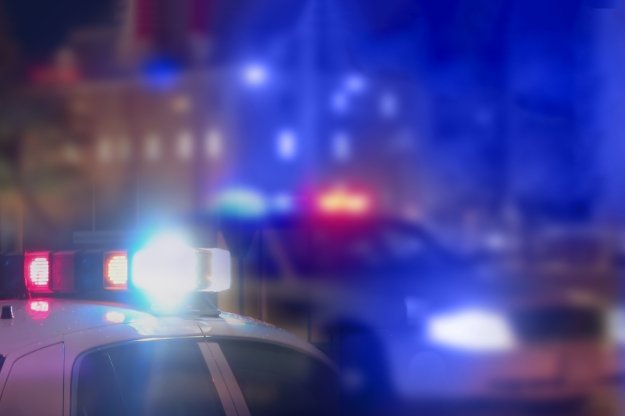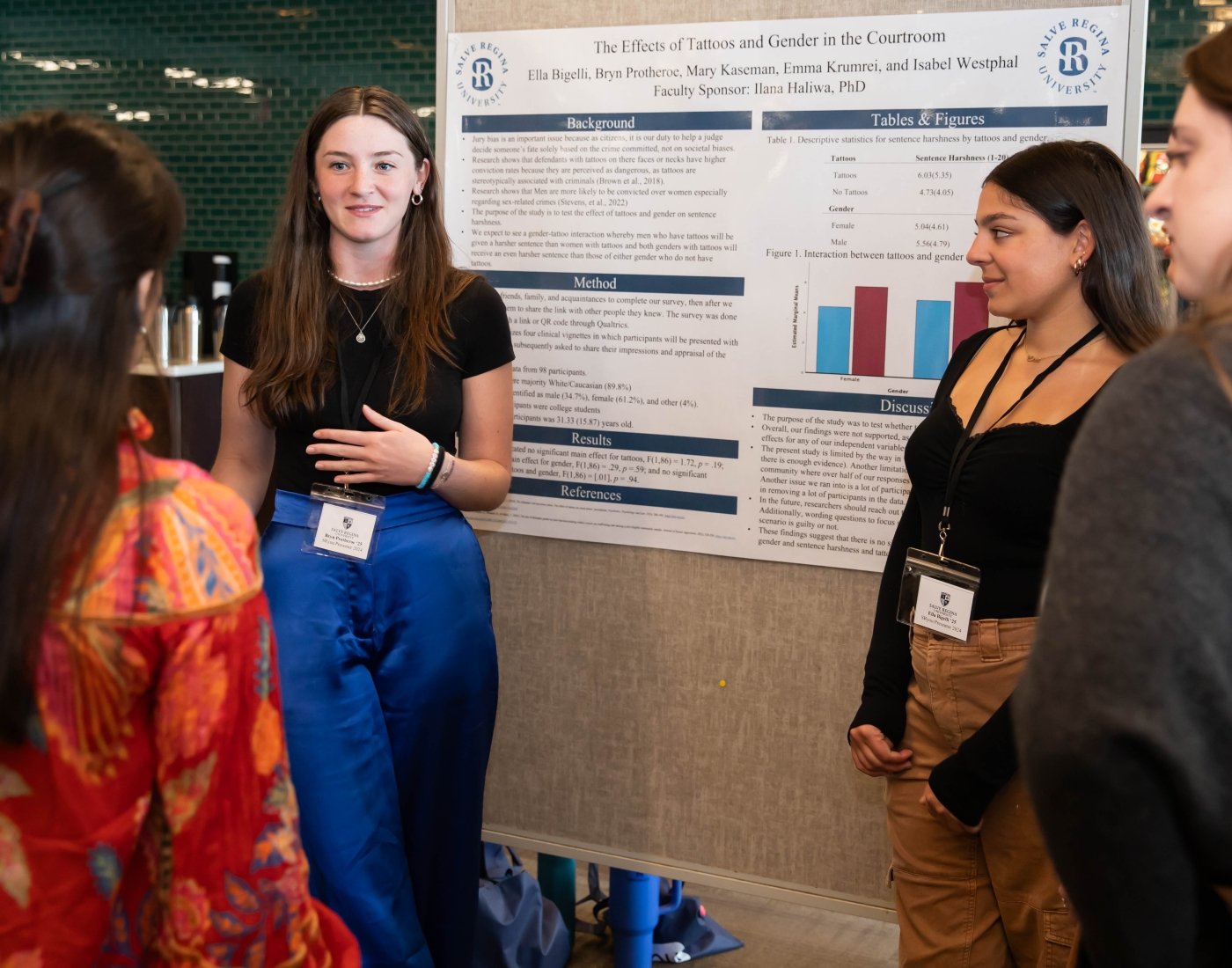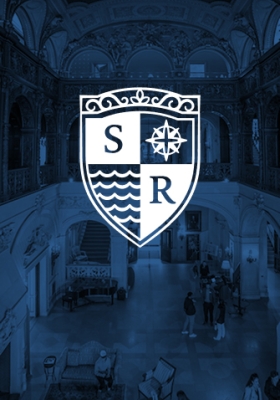Psychology of Crime Minor

Salve Regina University's interdisciplinary minor in psychology of crime is open to students from all majors. It focuses on the intersection of psychology and the criminal justice system, providing a deep understanding of forensic psychology, legal psychology, correctional psychology and psychopathology.
Explore the Concepts of Criminal Psychology
Our curriculum covers the history, theories, concepts and empirical findings of criminal psychology. You'll examine the practical role of criminal psychologists in the mental health, legal, correctional and law enforcement systems, applying what you learn to real-life cases. A key focus is understanding how mental illness affects people involved in the criminal justice system.
You'll thrive in small class sizes and benefit from extensive faculty expertise. The skills and knowledge you gain will be valuable for careers in policing and law enforcement, courts and the law, and corrections and supervision, as well as social work, juvenile justice, public health and human services.
Focus on Forensics
Why do people commit crimes? How reliable is the investigative process? How do jurors decide if someone is guilty or innocent? How effective is treatment in reducing the risk of reoffending? Our introductory course on forensic psychology looks at these questions and more. You'll learn about different theories of crime and explore research and theory relating to investigations, the courtroom and the penal system.

Career Paths in Psychology of Crime
The knowledge and skills gained from the minor in psychology of crime benefit students pursuing careers in the criminal justice profession - including policing and law enforcement, courts and the law, and corrections and supervision - along with social work, juvenile justice, public health and human services.
With additional education and training in the field, possible careers include:
- Behavioral therapist
- Case manager
- Correctional counselor
- Criminal profiler
- Jury consultant
- Psychologist
- Research scientist
- Social worker
- Victim advocate
Degree Options
Minor in psychology of crime
The minor in psychology of crime consists of six courses (18 credits).
Meet Our Psychology of Crime Faculty
Through challenging coursework, hands-on learning and a focus on Salve's mercy mission, we prepare students to become leaders and skilled practitioners in their chosen profession. Our personalized approach with students - both inside and outside the classroom - is at the heart of our teaching philosophy.

Dr. Paul F. Joyce
- Assistant professor
- Chair, Criminal Justice and Criminology

Christine Emond Zaremba
- Adjunct professor

Dr. Kevin Fontaine
- Adjunct professor

Dr. Dana Morris
- Adjunct professor

Dr. Heather Pizzanello
- Assistant professor

Dr. Myunghoon Roh
- Assistant professor
- McAuley Scholar

Margaret Steele
- Lecturer
